Introduction | Beyond the Beacon Chain: Execution Environment in Eth2
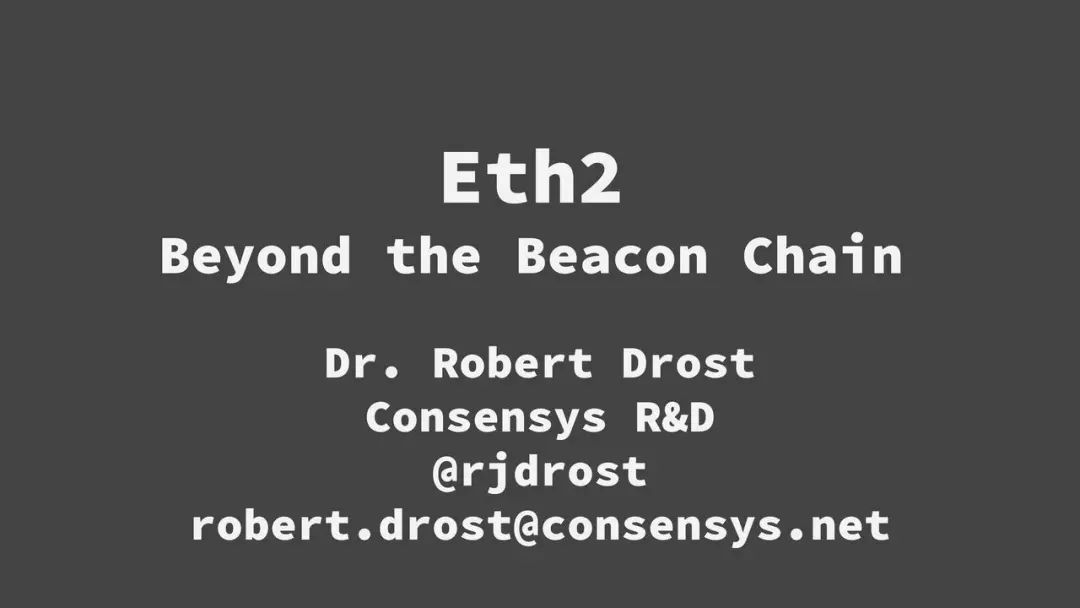
This section describes the differences between Eth1 and Eth2 in the consensus rule pattern.
In Eth1, the transaction execution framework is hard-coded, so any changes to the consensus rules require hard forks. However, there are differences between the fixed layer and the execution environment layer in Eth2. The former is the rule used by the beacon chain and the fragmented PoS protocol. It is also the rule that defines the eth transfer. The latter defines the transaction and state in a specific execution environment. And state transition rules; the former requires a fork to change, the latter does not.
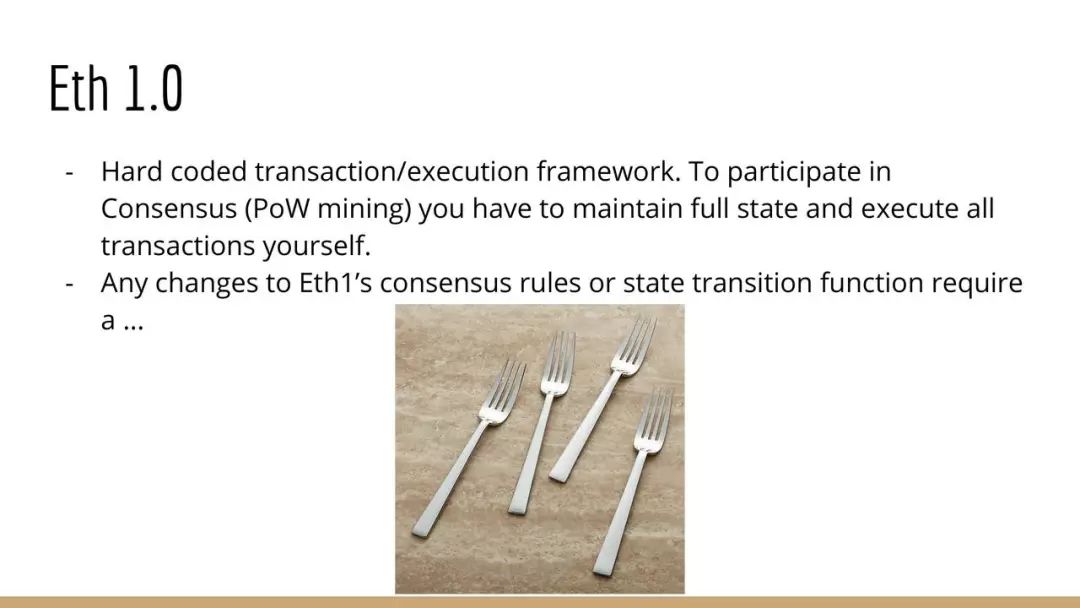
- About bitcoin mining, things you don’t know
- What is the article describing the future cap of the DeFi world?
- 9012, why don't you buy bitcoin?
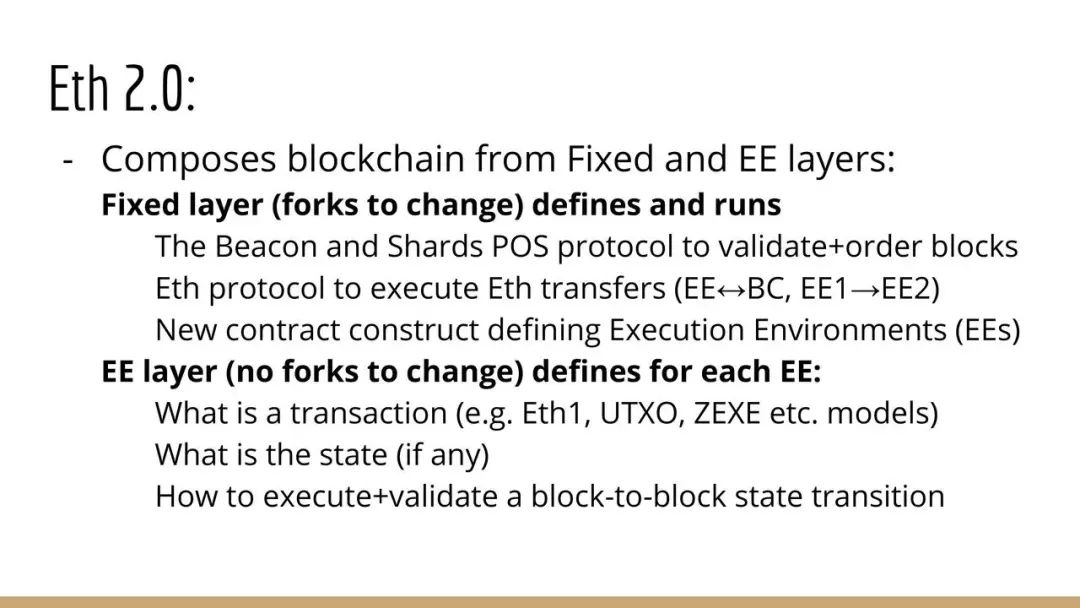
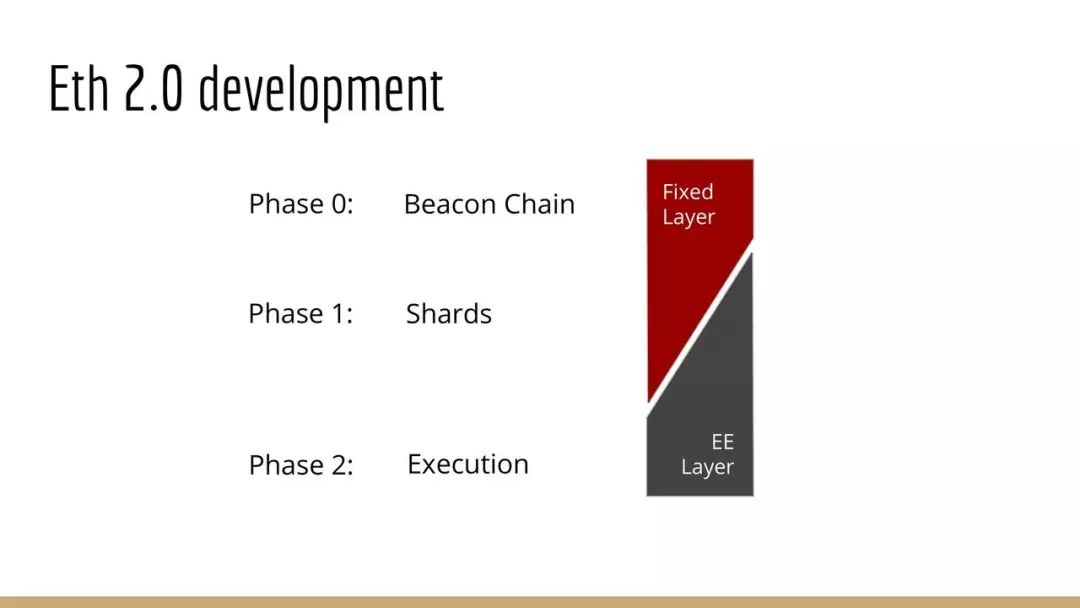
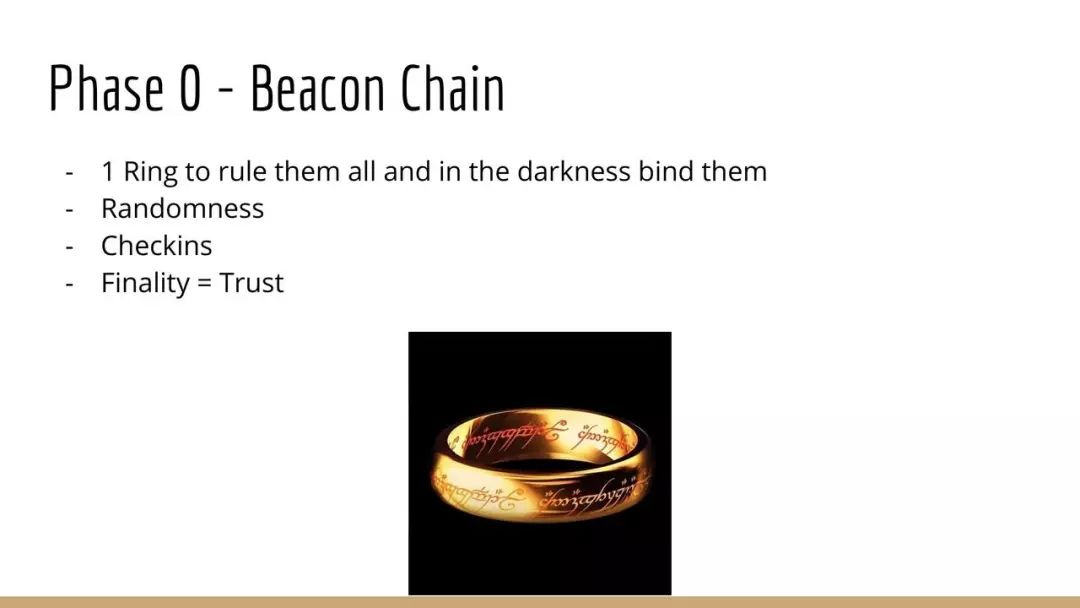
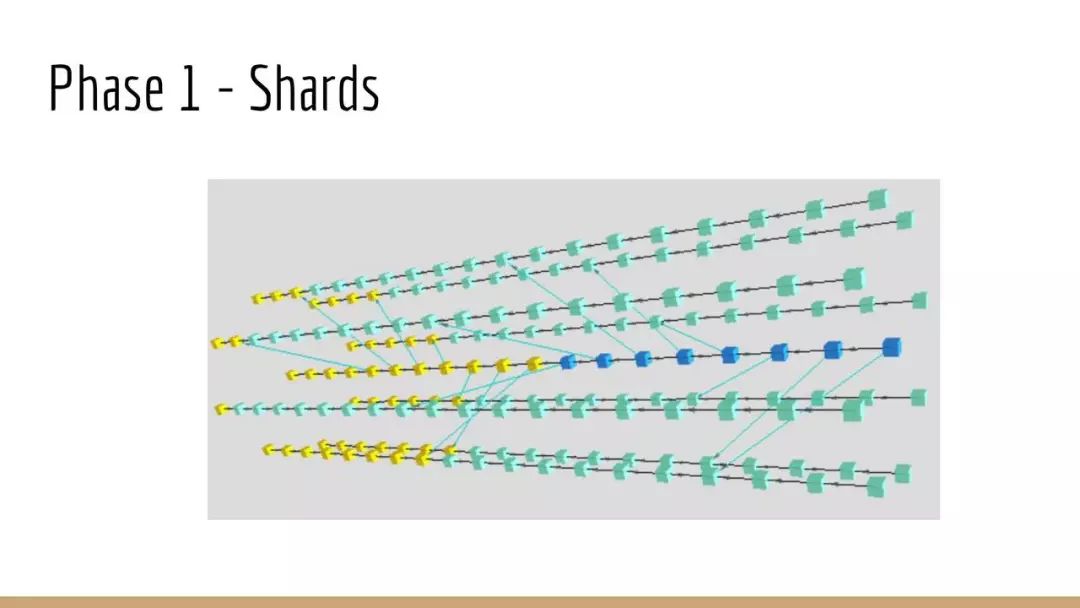
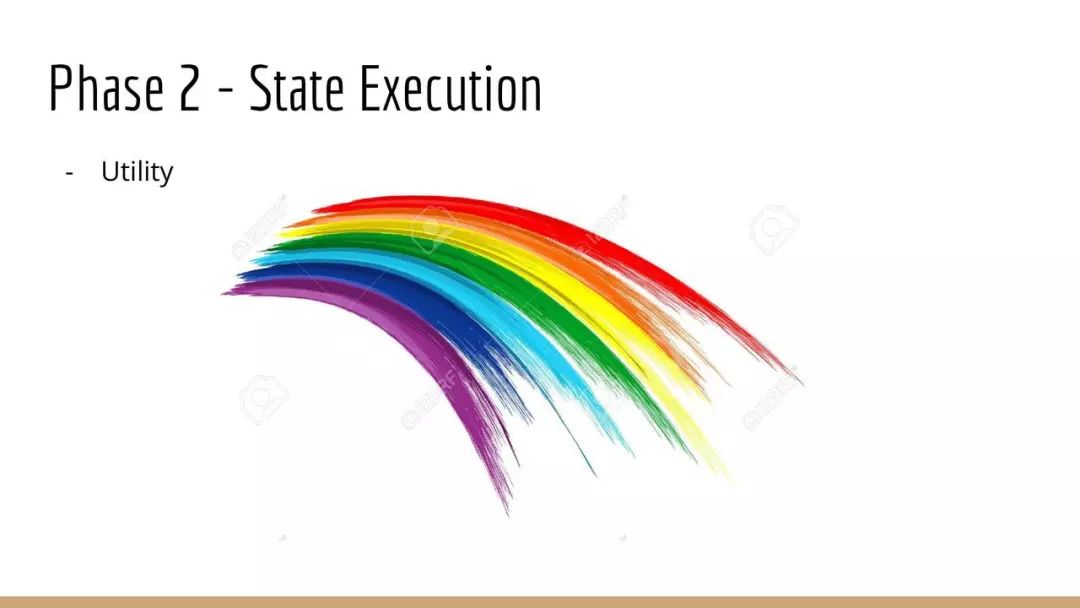
This section introduces the definition of the Execution Environment (EE), the way in which Eth2's beacon chain works with different EEs.
The execution environment defines the state transition function; the execution environment is defined by the "contract" on the beacon chain; this "contract" is not a smart contract on Eth1, but an executable definition of a blockchain (of course, Must accept the constraints of the beacon chain operating mode).
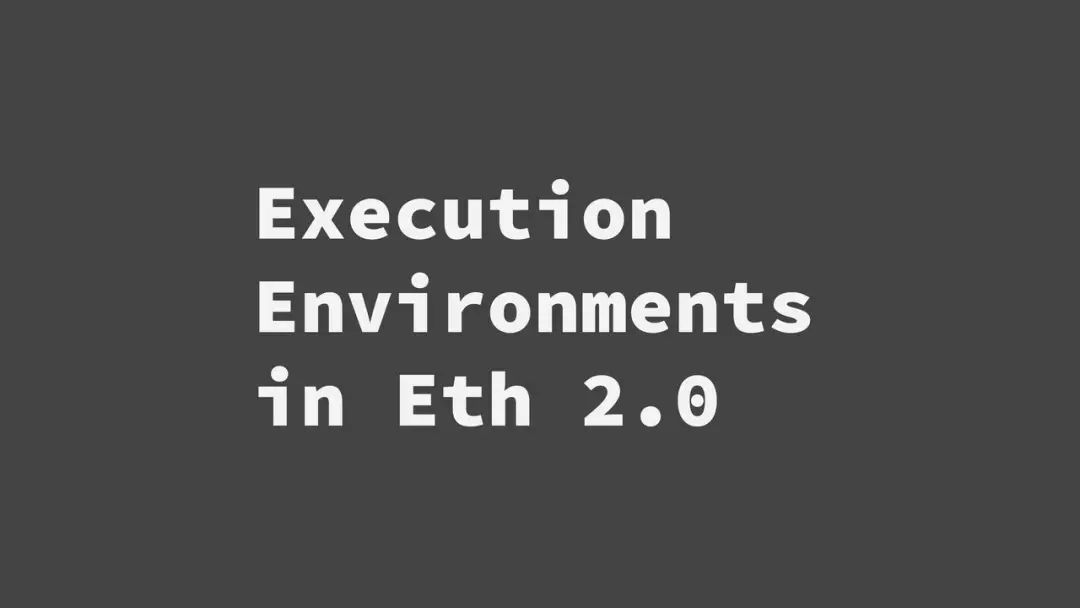
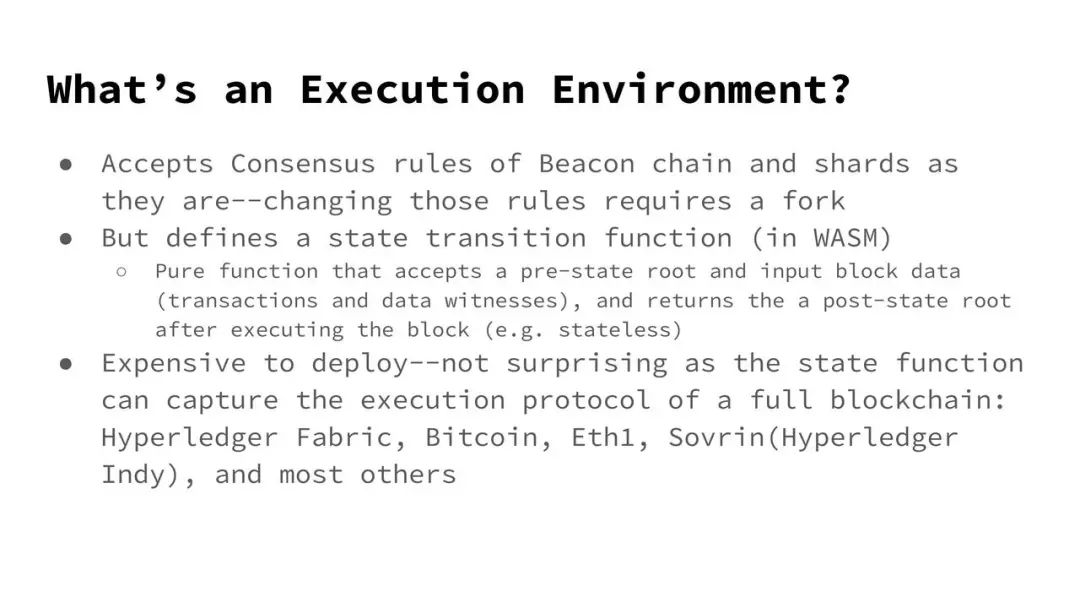
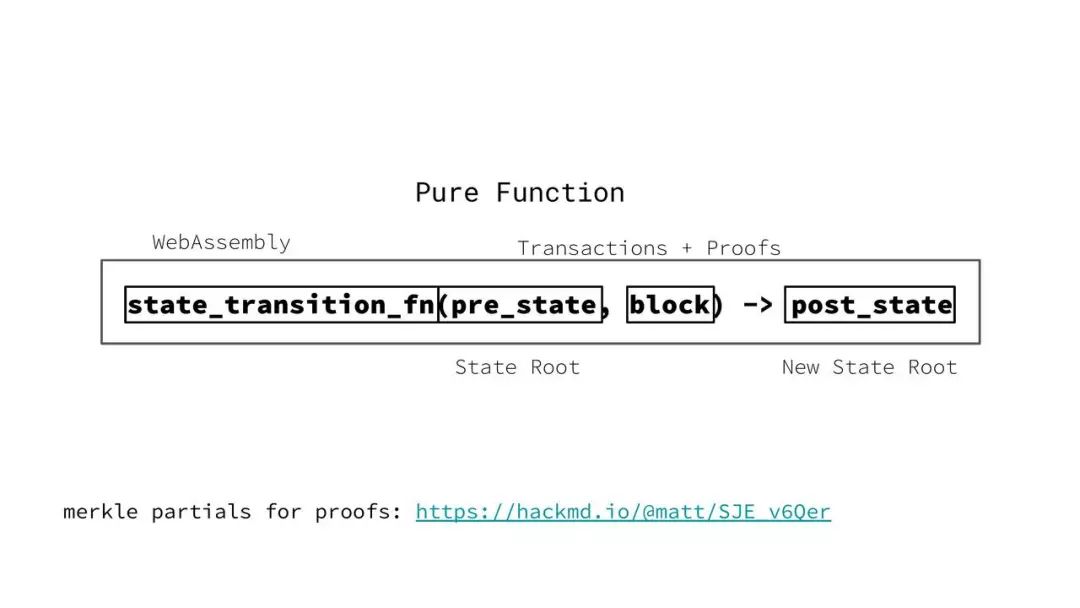
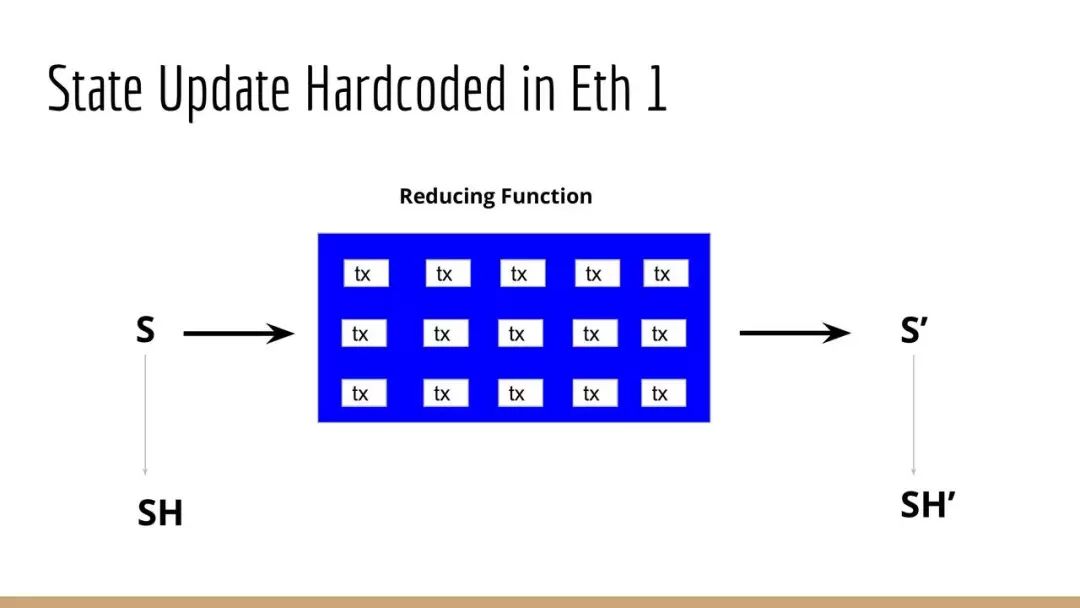
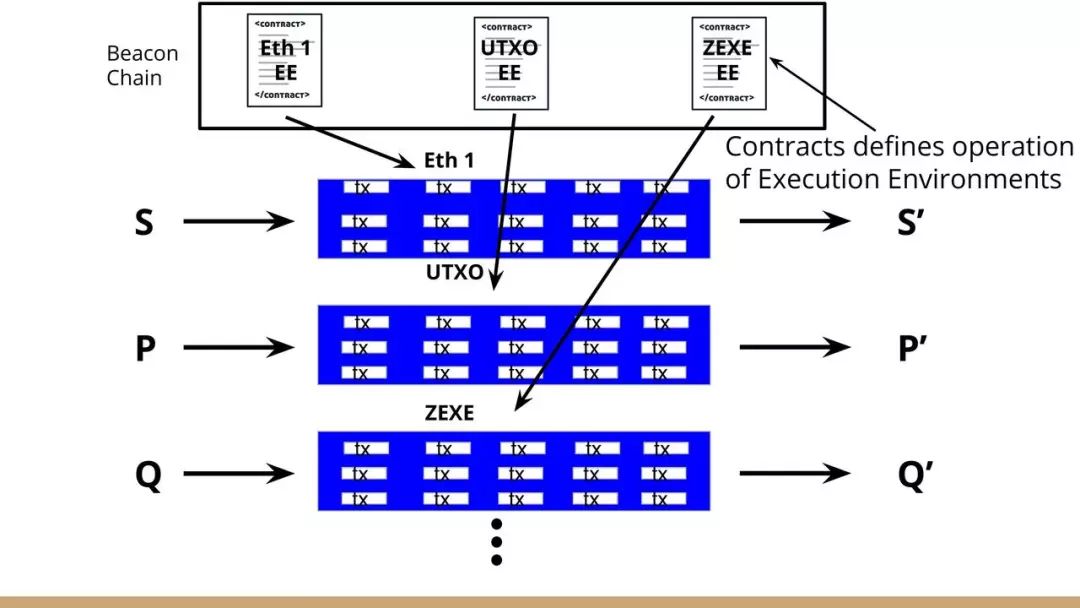
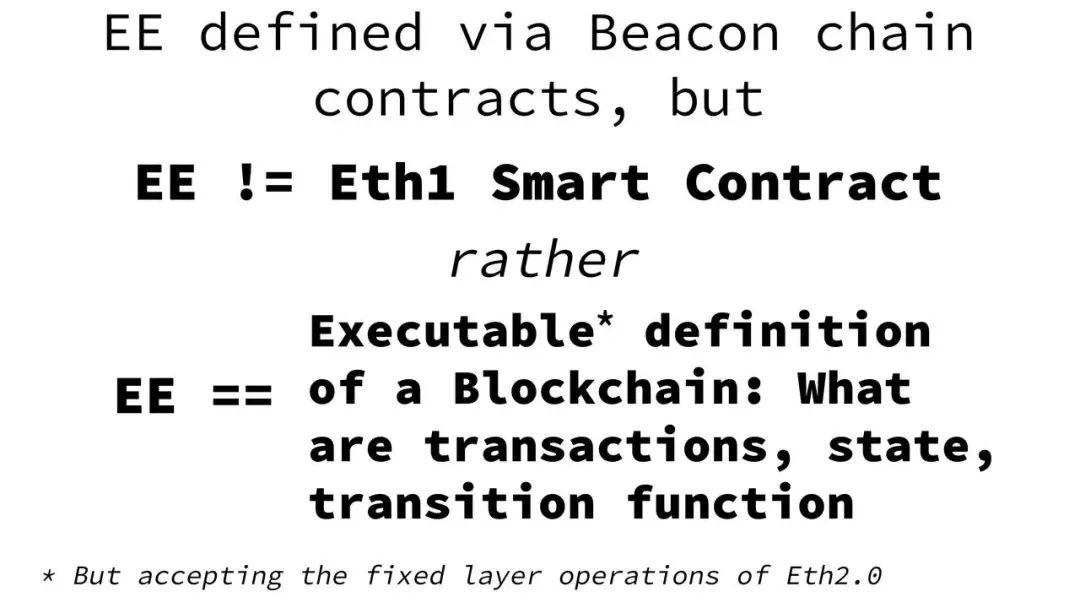
This section describes the meaning of the execution environment and its practical examples.
The significance of EE is that the beacon chain and the TPS provided by Sharding can be shared between different programmable execution layers. The author also lists many examples of execution environments, such as Eth1.x, UTXO, Layer-2 Checkin, and Rollup.
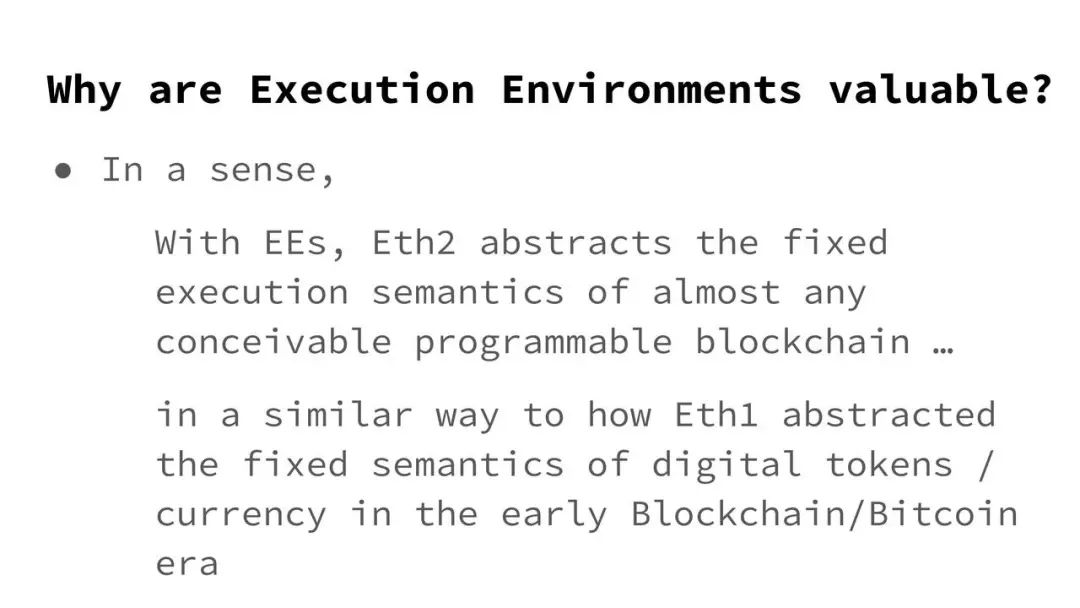
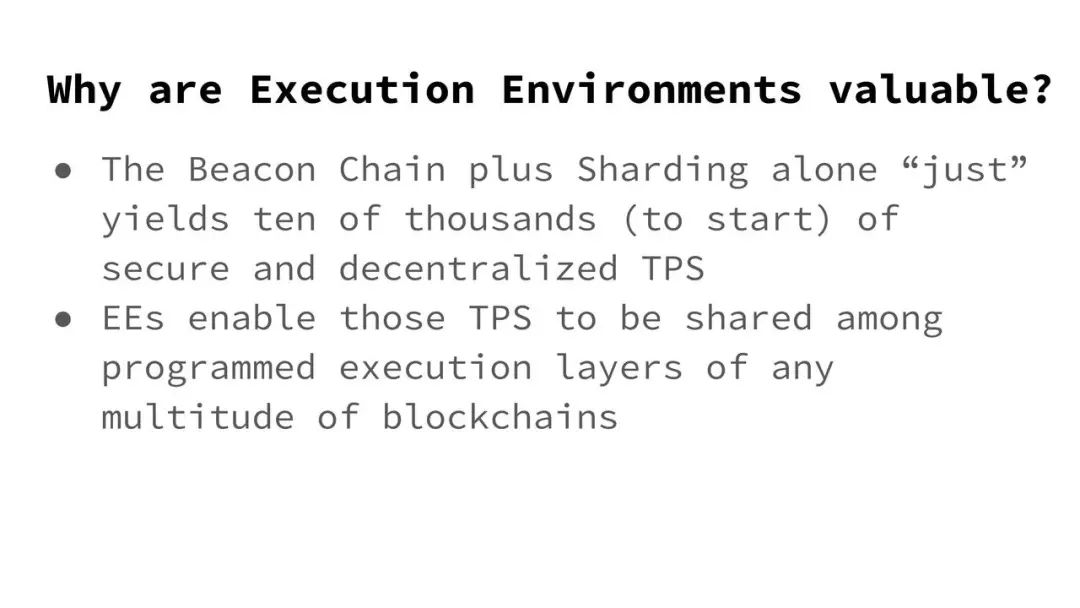
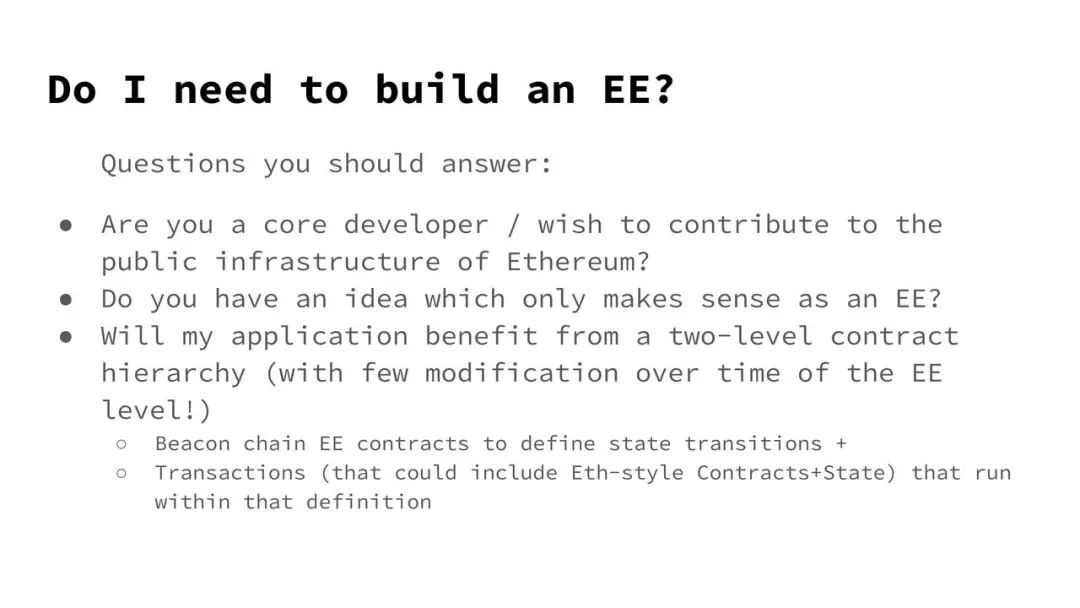
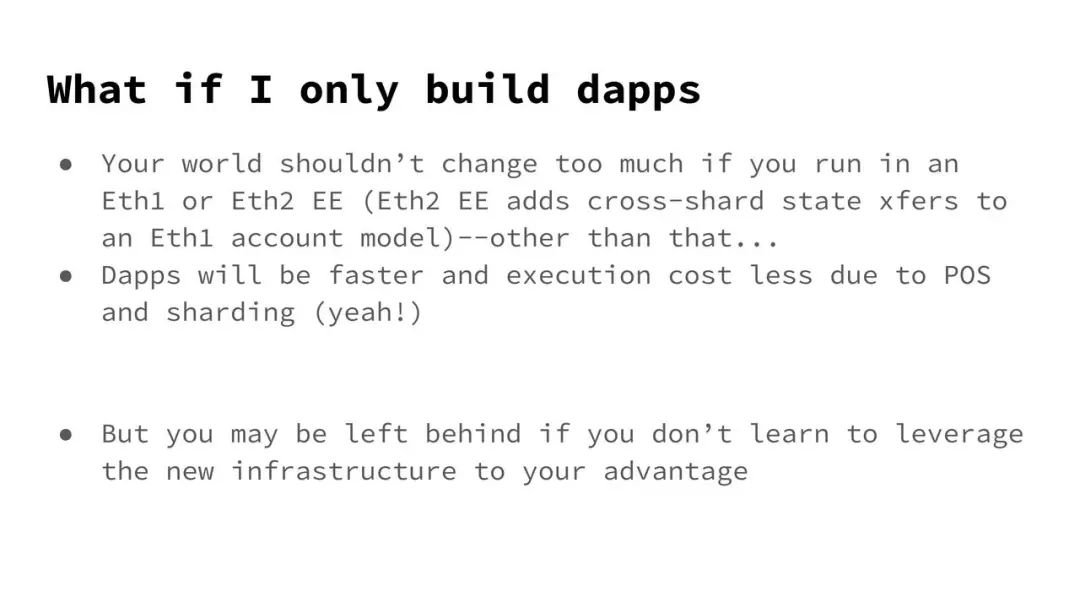
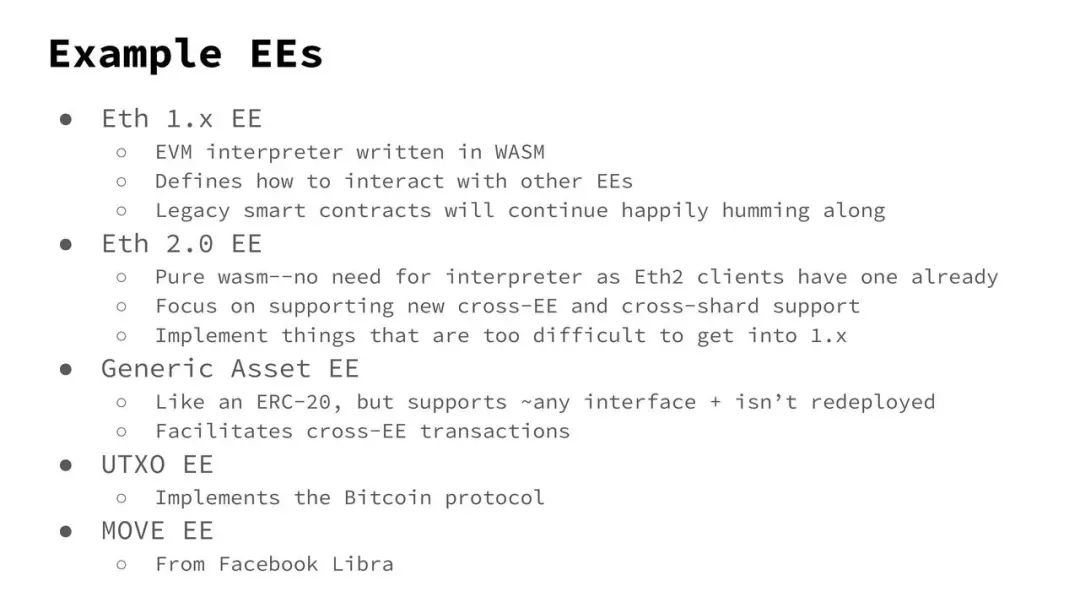
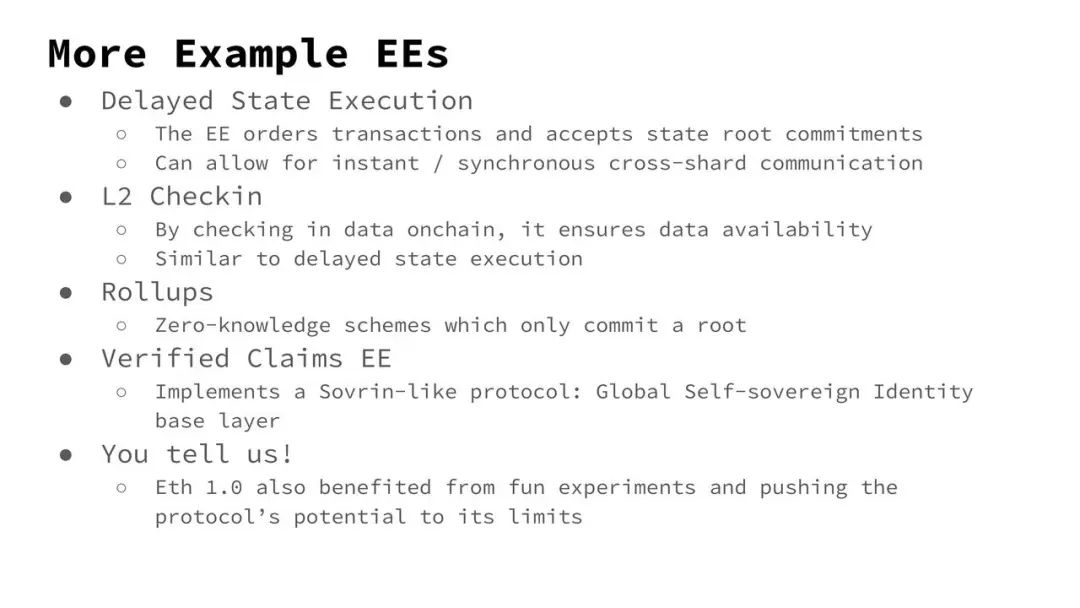
This section describes the development of the test network for Phase2.
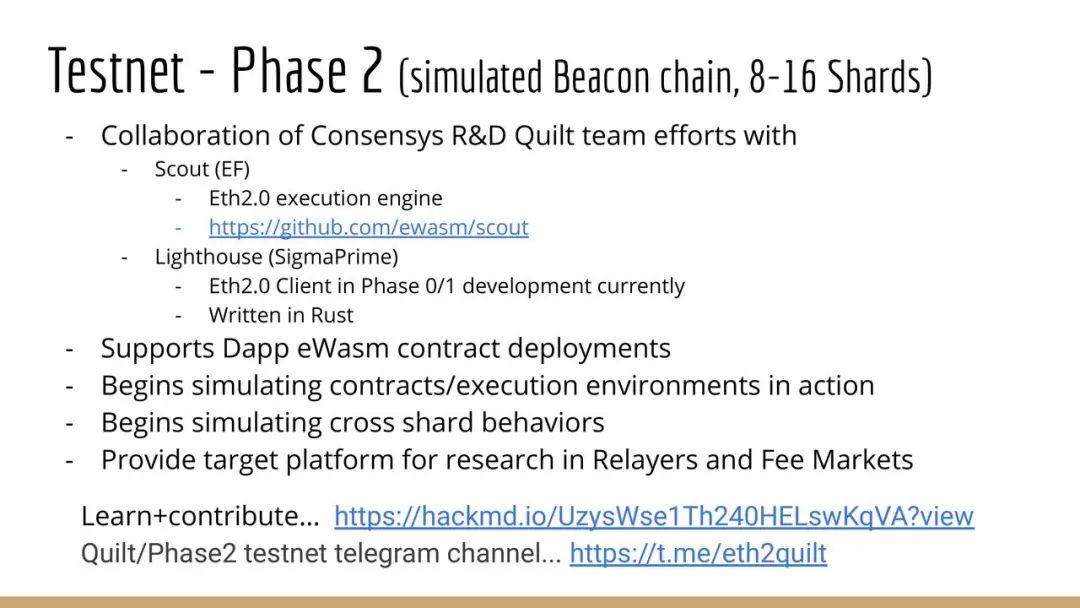
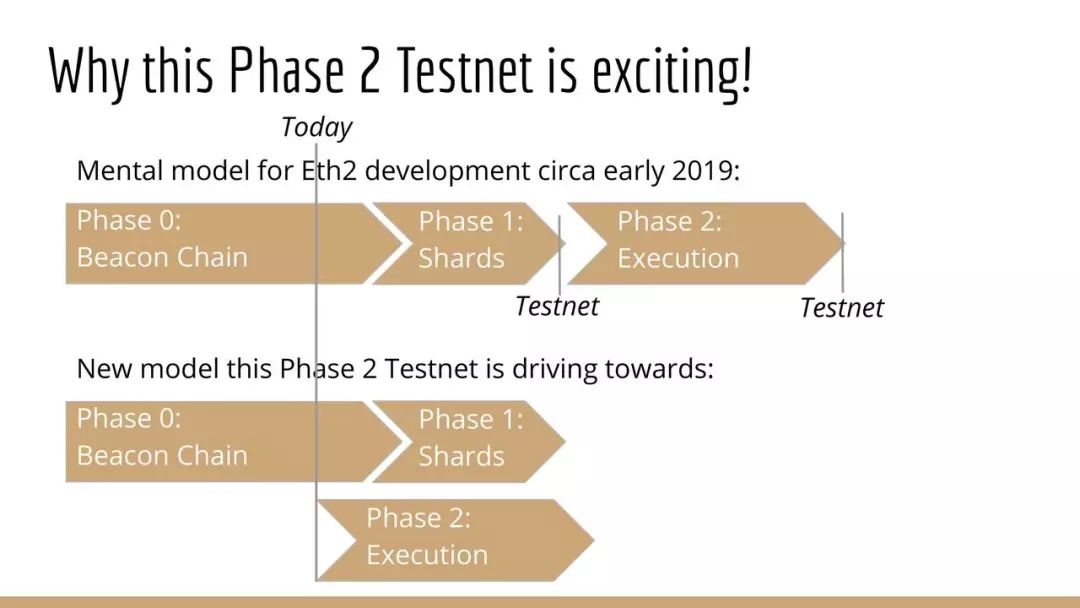
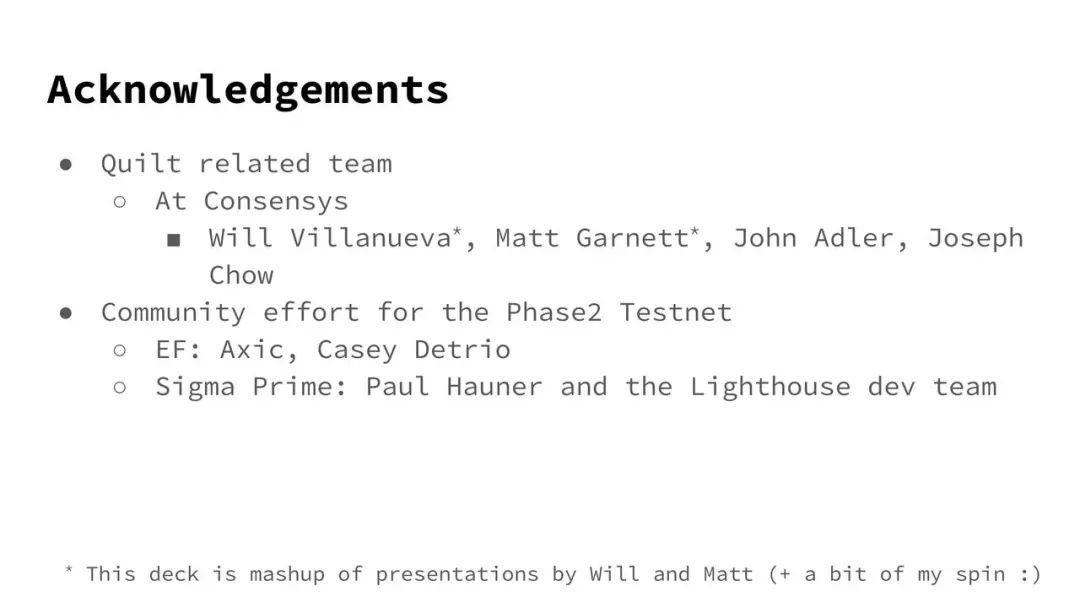
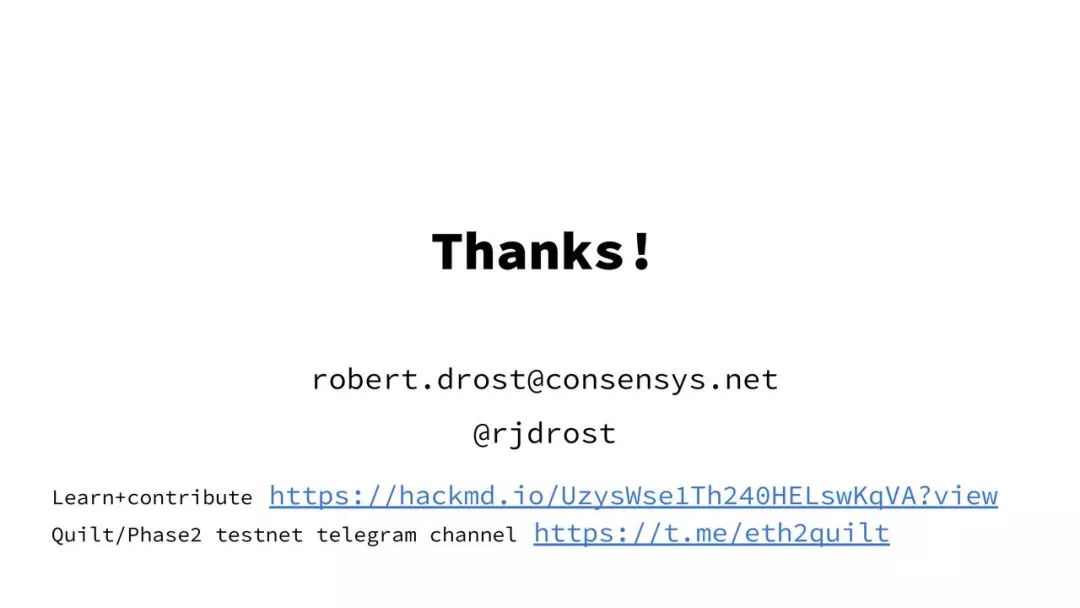
This section also gives a development kit for the execution environment, as well as a brief introduction to the tool.
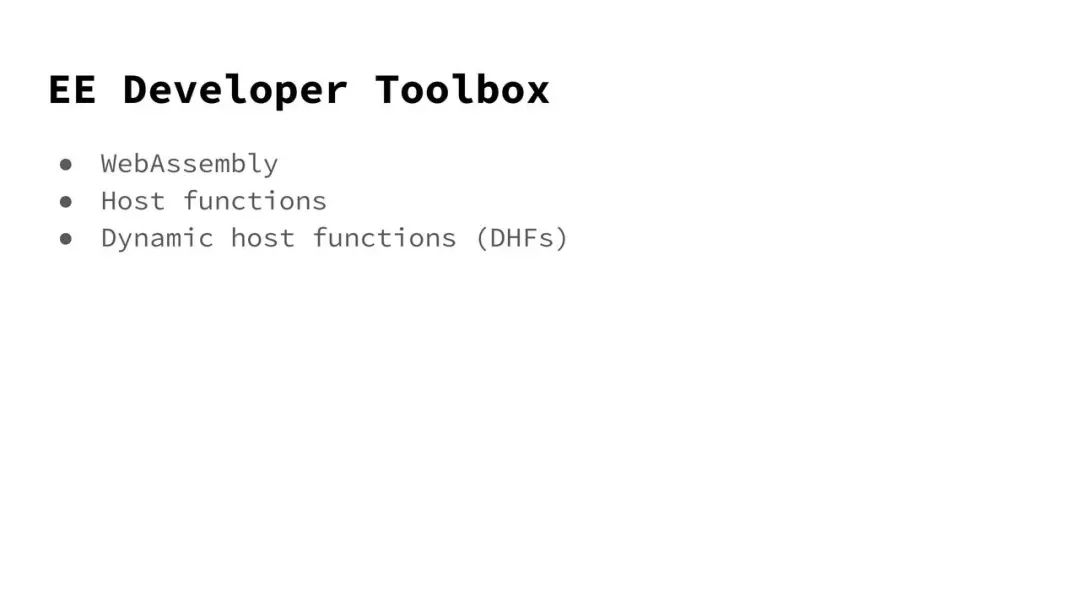
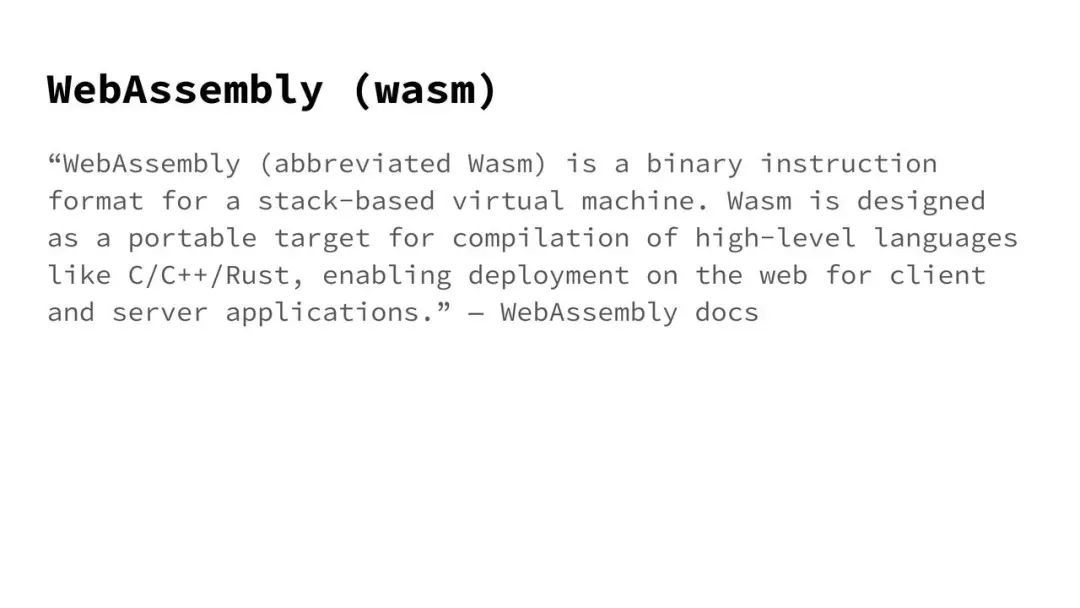
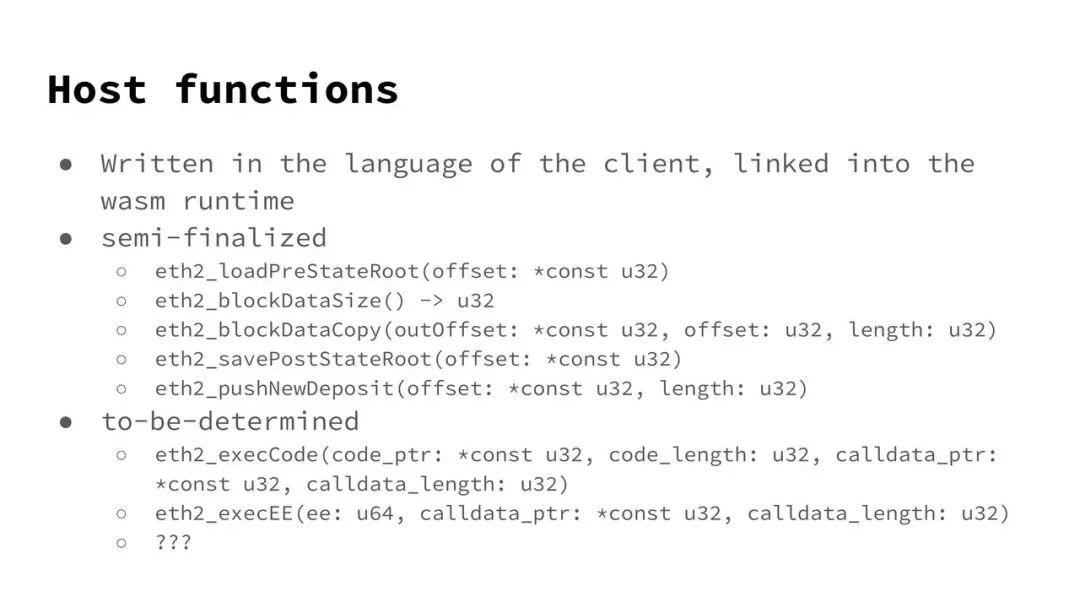
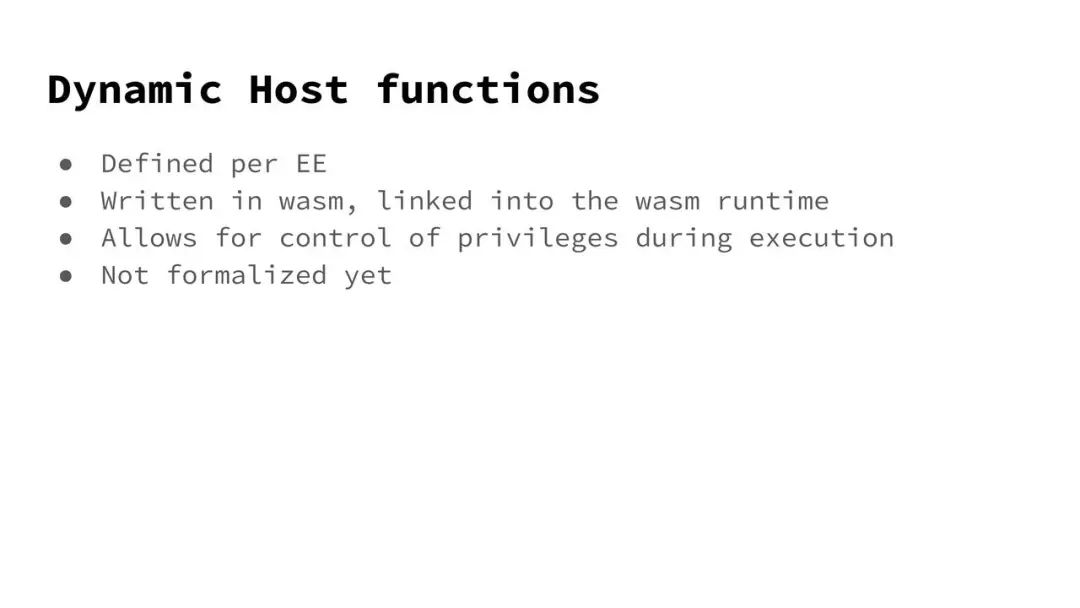
Original link:
https://drive.google.com/file/d/1ufvspealOGje6GPp-yJnCeO73bch1wRe/edit
Author: Robert Drost (This article comes from Ethernet Square enthusiasts EthFans, without the permission of the author is forbidden and offenders will study law)
We will continue to update Blocking; if you have any questions or suggestions, please contact us!
Was this article helpful?
93 out of 132 found this helpful
Related articles
- US securities giant: Customers are very interested in Bitcoin, and may directly trade cryptocurrencies through ErisX in the future.
- Is the coin popular again? 21.6% of Bitcoin supply has not been moved for at least 5 years
- New York State Department of Financial Services (NYDFS) establishes research and innovation department to oversee cryptocurrency business
- Five lobbying companies + a law firm, Facebook formed a luxury group to open the way for Libra
- Ethereum 2.0 countdown: The dual-coin mechanism came out, mobile phones can also mine, revolution or nightmare? | Sheknows' deep interpretation of the etheric era
- German regulator approves $280 million in Ethereum token sales
- Blockchain policy half-year inventory: 112 policy information, 75% support





